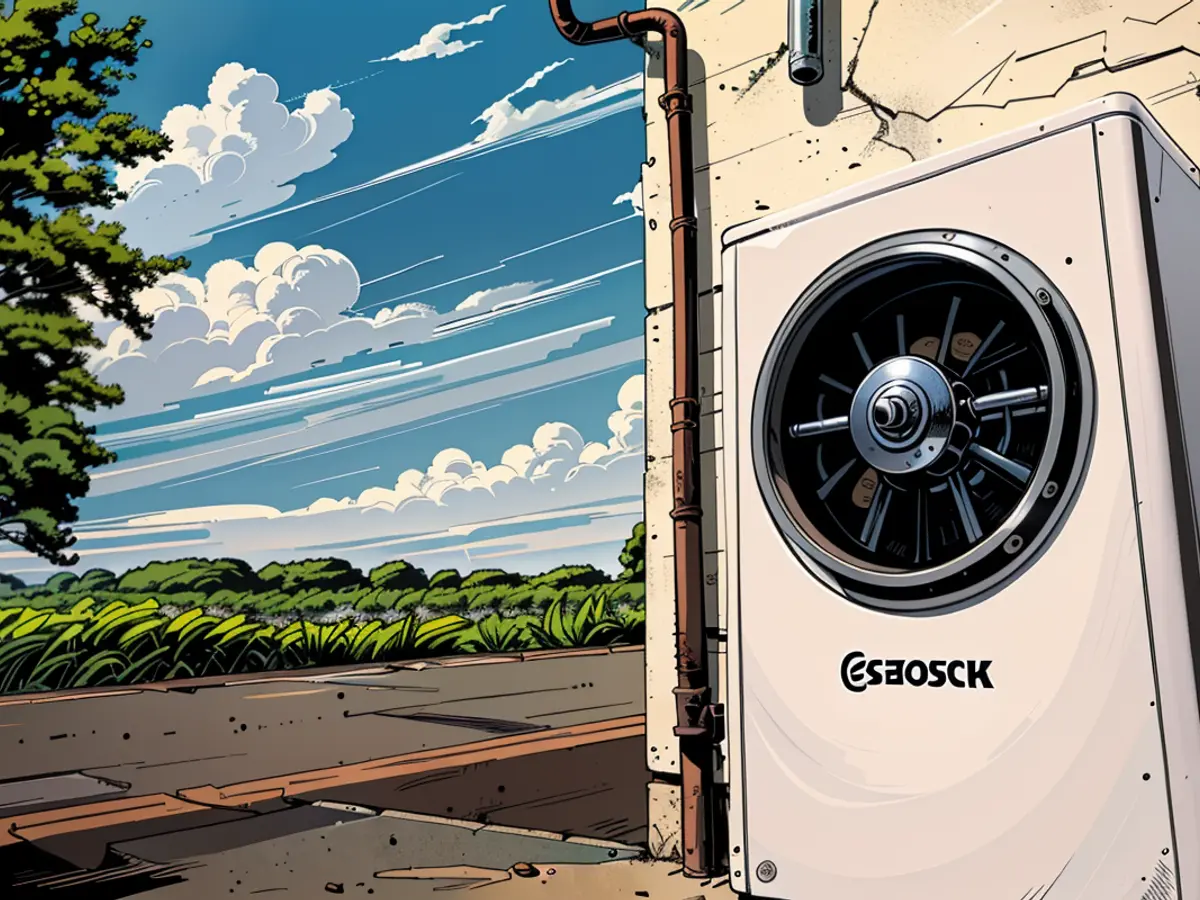Key components in the proposed CFP include funding for heating assistance and financial aid for semiconductor manufacturers.
The BEG program mainly deals with the swap of heating systems, including installing heat pumps. As per the draft, an extra 979 million euros are set aside for altering heat network systems.
Subsidies for microelectronics are predominantly intended for the upcoming factories of the Taiwanese corporation TSMC in Dresden and the American company Intel in Magdeburg. Another substantial expense in the draft is 3.3 billion euros to alleviate energy-intensive companies' burden.
Despite the absence of incentives for electric vehicle purchases, climate-friendly transportation is intended to be boosted further, such as 1.58 billion euros for fuel and charging station infrastructure and 114 billion for climate-neutral aviation.
A considerable amount of money is also allocated for advanced development in the hydrogen economy, including 1.17 billion euros for hydrogen use in industry, 490 million euros for implementing the National Hydrogen Strategy, and 528 million euros for German-French hydrogen projects.
The estimated expenditures amount to over 34 billion euros. Conversely, anticipated revenues, primarily from CO2 pricing, total around 25 billion. This yields a deficit – a term known as "global under-expenditure" – of nine billion euros.
According to "Bild" newspaper reports, support for heat pump exchanges saw a reduction of 2.4 billion euros compared to the previous year. However, the Federal Ministry of Economics disputed these claims. A spokesperson explained, "The funding requirement is recalculated and updated for each year's promotion, taking into account forecasts and calculations of how many commitments from previous years will be paid out in the next year. Consequently, the funding remains unchanged."
The subsidies for microelectronics significantly support the upcoming factories of TSMC in Dresden. The BEG program does not involve any subsidies for TSMC or its heating system swaps.







